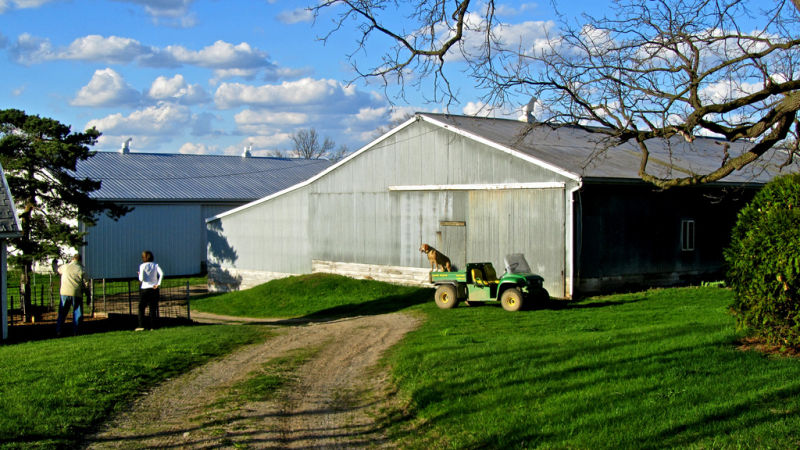 ellenm1 on flickr and reproduced under Creative Commons 2.0
ellenm1 on flickr and reproduced under Creative Commons 2.0
In the last few months immigration reform has been championed by a large coalition consisting of evangelicals, business leaders, activists, agricultural organizations, and others.
Each one of these groups recognizes that their specific sector of society would greatly benefit from passing immigration reform. At the same time, they all seem to recognize that the benefit to their sector would greatly benefit others.
While it is abundantly clear that the United States needs immigration reform, the need cannot be more clearly displayed than in the agricultural industry. We can look no further than the state of Michigan to see why that is the case.
Like any other industry, agriculture runs best when there is a degree of stability in the environment. As of now farmers cannot accurately predict how many workers they will have any given year.
While farmers in Michigan make an effort to hire domestic workers, they are unable to find potential employees to fill the open positions. Many of the potential employees would rather take lower paying jobs in more metropolitan areas. This happens despite the fact that the Michigan minimum wage has been set at $7.40 an hour and some farmers pay $12 to $15 an hour.
Ryan Findlay of the Michigan Farm Bureau says that “farmers tells us that Michigan has the capacity for 49,000 seasonal migrant workers. As of today we estimate less than 300 of them being documented workers with an H2-A visa. “
According to the Michigan Farm Bureau many farmers have found the current H-2A process complicated, expensive, and unresponsive to their time-sensitive needs; not to mention the fact that dairy is Michigan’s #1 agricultural industry, and currently there are no visa programs to allow dairy farmers to hire legally sourced foreign workers.
Due to the inaction by congress on immigration reform many farmers all over Michigan were unable to harvest their crops due to lack of labor.
Findlay puts it simply by saying, “an apple is either going to fall to the ground or be harvested.”
If there is nobody to harvest the crop it will go to waste. If it goes to waste there is less food going to market. If there is less food going to market there will be a rise in the overall cost of food.
It will cost more for every American to put food on the table.
The simple fact is that immigration reform will benefit everybody.







